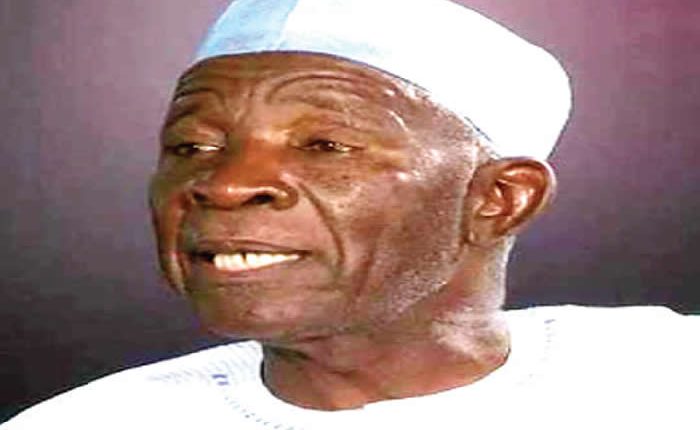Buba Galadima, a prominent chieftain of the New Nigeria People’s Party (NNPP), has once again drawn attention to the challenges of being vocal and uncompromising in Nigeria’s political environment. Speaking during an interview on Channels Television, Galadima reflected on his long years in active politics and revealed how being truthful and outspoken often attracts victimization rather than reward in the country.
According to Galadima, Nigeria’s political culture is structured in such a way that honesty and courage come with heavy personal and political costs. He explained that leaders who dare to speak truth to power are usually blacklisted, marginalized, and deliberately excluded from positions of influence, regardless of their competence or contributions. In his words, “In the Nigerian context, I’m the worst man, not bad, because Nigeria doesn’t like my type.”
The NNPP chieftain lamented that Nigeria’s political system does not reward integrity but instead punishes those who stand against impunity and injustice. He stressed that his experience over the decades is proof that many politicians are more concerned about self-preservation and loyalty to political godfathers than about fairness, accountability, or service to the people.
Galadima went further to share a personal story that highlighted the vindictive nature of Nigerian politics. He recalled how his daughter, who contested and won a councilor seat, was denied her entitlements and benefits solely because of her association with him. Despite her legitimate victory at the polls, she was punished, not for any wrongdoing of her own, but for being related to a man regarded as a “troublemaker” by the political establishment.
“This shows how vindictive politics can be in Nigeria, where people are punished not for what they do but for their affiliations,” he noted. According to him, this form of political victimization discourages young Nigerians from active participation in politics because it creates an environment where merit, hard work, and integrity are often ignored.
The seasoned politician also emphasized that the problem goes beyond personal experiences. He argued that when outspoken individuals are silenced or sidelined, the entire society suffers because truth is sacrificed for conformity. This, he said, contributes to corruption, abuse of power, and the slow pace of development in Nigeria.
Galadima’s comments reflect a larger reality that has been widely acknowledged by many political observers: Nigeria’s democratic process is still heavily influenced by patronage, nepotism, and intimidation. Reformers who challenge the system are often excluded or punished, making it difficult to achieve genuine political change.
Despite these challenges, Galadima has remained resolute, insisting that he will continue to speak the truth regardless of the consequences. For him, silence is not an option in the face of injustice and poor governance. His experience serves as both a warning and an inspiration — a reminder that while Nigeria’s political terrain can be hostile to truth-tellers, the fight for integrity and justice must continue if democracy is to thrive.

